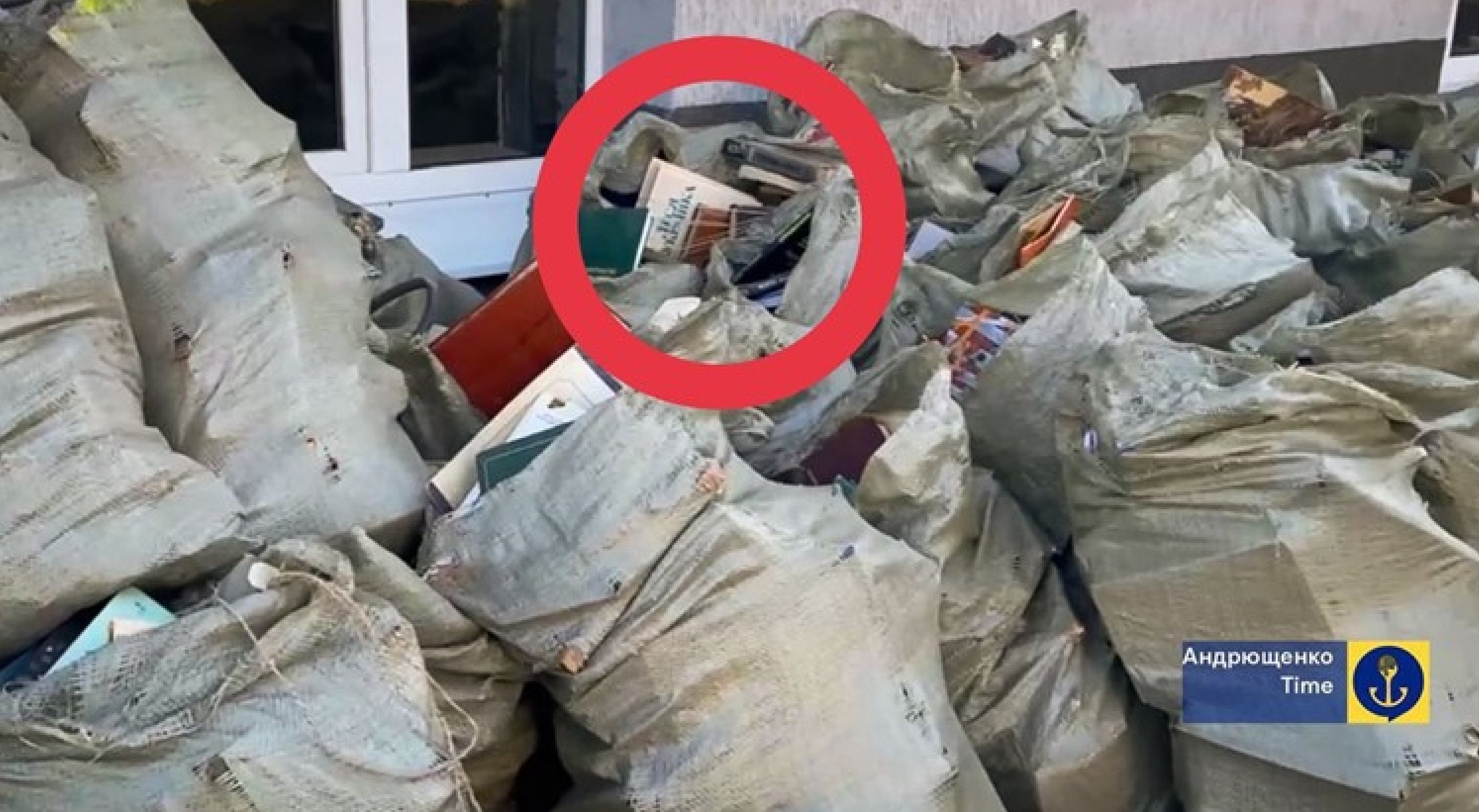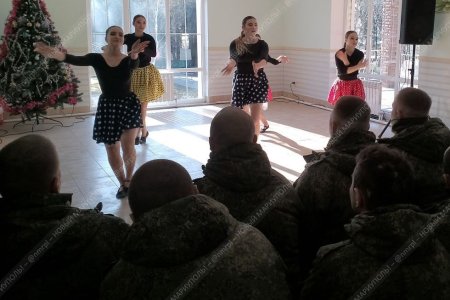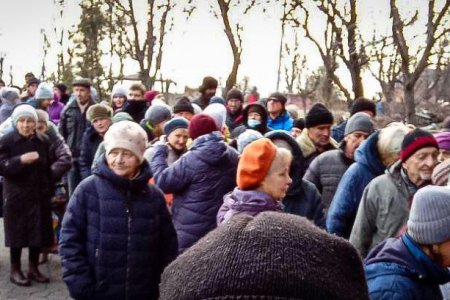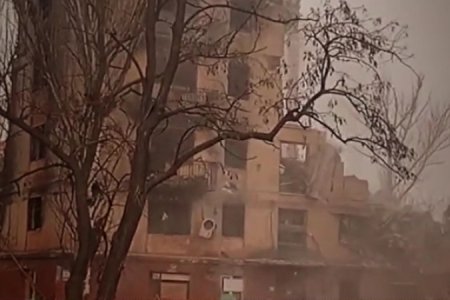
Russia has reportedly removed, and most likely destroyed, virtually all works of Ukrainian literature from local libraries in occupied parts of Donetsk and Luhansk oblasts. The National Resistance Centre report notes that Russian-installed ‘education workers’ are among those carrying out this act of barbarism. It has been clear since 2014 that Moscow particularly targets schools, and has even sent around a huge list of ‘prohibited books’ to be removed from all occupation educational institutions. The books claimed by the aggressor state to be ‘extremist’ include works by world-renowned historians, thinkers, former Soviet political prisoners and contemporary writers.
The report mentions only occupied Donetsk and Luhansk oblasts, a large part of which was under Russian control from 2014. However, it became clear soon after Balakliya in Kharkiv oblast was liberated that the occupiers had taken immediate steps to remove all Ukrainian books from schools, and the same is doubtless true of all parts of Kherson and Zaporizhzhia oblasts now under occupation.
After Russia gained control of the Donetsk oblast port city of Mariupol, through relentless bombing and shelling that destroyed around 90% of the city’s infrastructure, it turned to major propaganda efforts aimed at claiming that Ukraine had committed its crimes; that it had ‘liberated’ the city and that Mariupol residents were ‘Russian’. In late September, the Mariupol City Council posted a photo of bag after bag of books that the Russians were throwing out. Among such supposedly ‘extremist’ literature were the works of the great Ukrainian poet and dramatist, Lesya Ukrainka (1871-1913). The Russians were, instead, filling the city’s libraries, at least those that had survived the bombing, with Russian books, including those full of propaganda about Russia’s war against Ukraine and about supposedly ‘great Russia.” The City Council pointed out that this was precisely what the Nazi invaders did during World War II. The National Resistance Centre reports that the Russians have just in 2023 brought in two and a half million Russian books.
Of particular concern among the books which the invaders are pushing are the so-called ‘history textbooks’ which claim that Ukraine ‘began’ Russia’s war of aggression and totally ‘re-invent’ both Ukrainian and Soviet history from the 1970s.
Voice of America spoke with Viktoria Lisohor, Director of the Korolenko Central Public Library in Mariupol, who has confirmed the horrific level of destruction by the Russians. She and others had been sheltering in the Central Library, but this was totally destroyed in a direct airstrike shortly after she was able to get out of the besieged city. Four of the city’s 15 public libraries were totally destroyed after the full-scale invasion, with the City Council reporting that 180 thousand books were also destroyed (with the total number in public libraries prior to the full-scale invasion standing at around 380 thousand). Lisohor recalls that a person she knows told her how, while walking past the backyard of one of the libraries, she stopped when she saw that the Russians were throwing the works of Ukraine’s greatest poet Taras Shevchenko on to their fire. She stopped and demanded to know why they were doing this, what had Kobzar (the works of Taras Shevchenko, but also to most Ukrainians, the poet or bard himself) done to them? She reminded them that there were monuments to Shevchenko in many Russian cities and was told “Well, we didn’t know that he was an extremist.”
While such a pronouncement is absurd, it also highlights the true nature of what Russia is fighting against in Ukraine, namely all that signifies Ukrainian identity, and gives the lie to Russia’s historical myths and false narrative. The same applies to all of the books on the list of supposedly ‘extremist’ books which were first made public in January 2023. As reported, all educational institutions in the Russian proxy ‘Luhansk people’s republic’ (which Russia is now claiming has ‘joined the Russian Federation), were ordered to remove a huge number of works of Ukrainian literature and history. This was, it was claimed, in order to get rid of “literature of an extremist nature, reflecting the ideology of Ukrainian nationalism.”
The list was not, in fact, exhaustive since the instruction was to remove any literature about Holodomor 1932-1933; Ukrainian history or, essentially, any “publicist, research or monitoring” material published after 2014. The list of ‘prohibited’ books included all those about Euromaidan, or Ukraine’s Revolution of Dignity; works by renowned historians like Serhiy Plokhiy; Yaroslav Hrytsak and Anne Applebaum. The book about Metropolitan Andriy Sheptytsky by founding member of the Ukrainian Helsinki Group, Soviet political prisoner and internationally respected writer and thinker Myroslav Marynovych is also blacklisted, as are literary and publicist works by several writers whose works are known far beyond Ukraine, such as Andriy Kurkov and Oksana Zabuzhko. Typically, the list also included Oleh Sentsov, the Kremlin’s most famous Ukrainian political prisoner, now defending Ukraine on the battlefield. It also includes works with no overt relation to Ukraine, such as the NZ author Katie O’Neal’s book ‘Princess Princess Ever After’, which was presumably deemed ‘extremist’ for homophobic (and perhaps racist) reasons.



